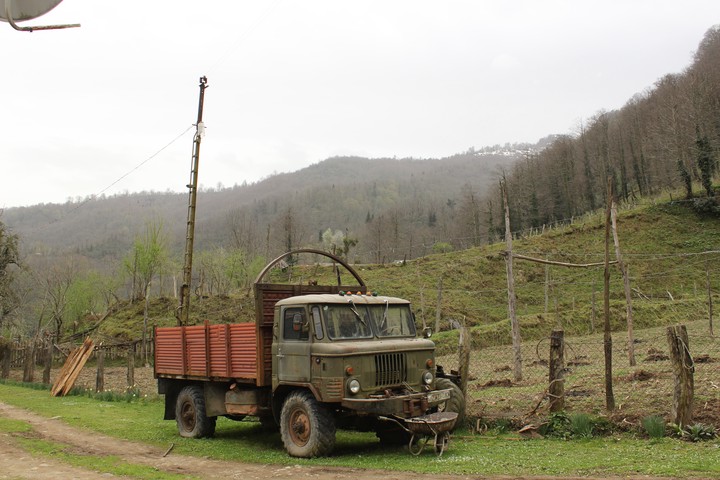Transformation of Livelihood Practices in Rural and Mountainous Settlements Located at the Edge of Protected Areas in Georgia (2018-2019)
 Photo by Temur Gugushvili
Photo by Temur Gugushvili
Now that significant inroads are made in the development of protected areas globally, Georgia as a country with transition economy joins this international movement, through its natural resource-rich mountainous areas along with celebrated wildlife and majestic beauty. In best words, Georgia faced rapid development of protected areas and their coverage in short stretch of times near urbanized territories in remote and mountain areas; therefore, this fact through ambivalent peculiarities of protected areas calls into question the resilience of locals in the process of adaptation of sustainable livelihood related to direct/indirect tourism-based activities. Out of the denoted nature, the research aims to delve into the process of how global phenomenon, namely expansion of tourism and protected areas shape livelihood practices of local mountain residents. Importantly, the study will shed the light of the ongoing transformation pathways of the society in transition.
In such terms, to address the described phenomenon, the presented research applies rural sustainable livelihood concept and as its objectives explores the following aspects of adaptation of tourism livelihood strategies: traditional livelihood practices of households; strategies and types of used capital to adapt new tourism sustainable and alternative livelihood practices; attitudes of indigenous mountain population towards PA establishment and advancement; formal and informal opportunities/limitations and their impact on the process of shaping adaptation process.
The research project encompasses two case study PA’s and their surrounded areas:
Lagodekhi Protected Area: (24,451 hectares) - one of the world’s best-preserved, primitive area with diversity of natural landscapes, located in the extreme north-eastern part of the southern slopes of the Caucasus and extends at an altitude of 590-3500 m;
Machakhela National Park: (7,359.44 hectares) located in the utmost south-west of Georgia in largely mountainous region, Adjara at an altitude of. 300-350 meters above Sea level.
Principal Investigator:
Gvantsa Salukvadze, PhD Candidate in Human Geography
Co-Investigator:
Temur Gugushvili, PhD Candidate in Sociology
The Research Project is funded by Tbilisi State University and supported by the University of Hasselt (Belgium), Field Research Center for Environmental Sciences.